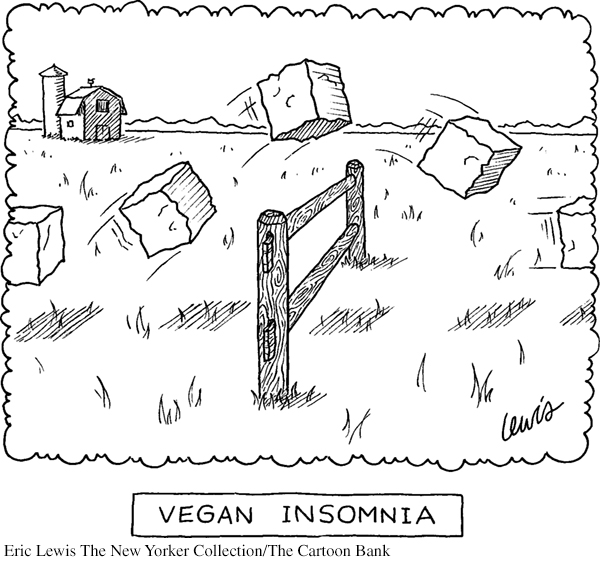Closing Thoughts

Internal biological rhythms and external environmental factors influence the natural ebb and flow of your consciousness over the course of any given day. Beyond those natural oscillations, hypnosis and meditation are techniques that can profoundly alter your experience of consciousness. Meditation, in particular, produces numerous benefits that can help you cope more effectively with life’s demands. Some psychoactive drugs, including widely available substances like caffeine, can also influence your experience of consciousness in beneficial ways. But other psychoactive substances, while producing dramatic alterations in consciousness, do so with the potential risk of damaging the finely tuned balance of the brain’s neurotransmitters and reward system.
Both natural and deliberate factors seem to have played a role in the extreme breach of consciousness that Scott Falater claimed to experience. Severe disruptions in his normal sleep patterns, his out-
Scott Falater’s trial for murdering his wife drew international attention. In the end, the Arizona jury convicted Falater of first-
PSYCH FOR YOUR LIFE
Overcoming Insomnia
In this section, we’ll provide some simple tips to help you minimize sleep problems. If you frequently suffer from insomnia, we’ll also describe a very effective treatment that you can implement on your own—stimulus control therapy.
Preventing Sleep Problems
You may not realize the degree to which your daily habits can contribute to or even create sleeping difficulties. The following four strategies can help you consistently get a good night’s sleep.
Monitor your intake of stimulants.
Many people don’t realize how much caffeine they’re ingesting. Coffee, tea, soft drinks, chocolate, and many over-
the- counter medications contain significant amounts of caffeine (see Table 4.4). Monitor your caffeine intake, and avoid caffeine products for at least 4 hours before going to bed. Some people are very sensitive to caffeine’s stimulating effects and may need to avoid caffeine for up to 10 hours before bedtime. Beyond caffeine, some herbal teas and supplements contain ginseng, ephedrine, or other stimulants that can keep you awake. Establish a quiet bedtime routine.
Avoid stimulating mental or physical activity for at least an hour before your bedtime. That means no suspenseful television shows, violent videos, exciting video games, or loud arguments right before bedtime. Ditto for strenuous exercise. Although regular exercise is an excellent way to improve your sleep, exercising within 3 hours of bedtime may keep you awake. Finally, soaking in a very warm bath shortly before bed promotes deep sleep by raising your core body temperature.
Create the conditions for restful sleep.
Your bedroom should be quiet, cool, and dark. If you live in a noisy environment, invest in a pair of earplugs or some sort of “white noise” source, such as a fan, for your bedroom. Turn off or mute all devices that can potentially disrupt your sleep, including cell phones and computers. And, limit your exposure to all types of electronic screens before bedtime. Remember, the blue light emitted by tablets, laptops, and smartphones can trick your brain into thinking it’s morning, triggering alertness rather than sleepiness (Chang & others, 2015).
Establish a consistent sleep–
wake schedule. While this is probably the single most effective strategy to achieve high-
quality sleep, it’s also the most challenging for a lot of college students. Try to go to bed at about the same time each night and get up at approximately the same time every morning so that your circadian rhythms stay in sync. Exposure to bright lights or sunlight shortly after awakening in the morning helps keep your internal clock set.
Many students try to “catch up” on their sleep by sleeping in on the weekends. Unfortunately, this strategy can work against you by producing a case of the “Monday morning blues,” which is a self-
If you’ve tried all these suggestions and are still troubled by frequent insomnia, you may need to take a more systematic approach, as outlined in the next section.
Stimulus Control Therapy
Without realizing it, you can sabotage your ability to sleep by associating mentally arousing activities and stimuli with your bedroom, such as watching TV, text messaging, reading, surfing the Internet, eating, listening to music, doing homework or paperwork, and so on. Over time, your bed and bedroom become stimuli that trigger arousal rather than drowsiness and the rapid onset of sleep. In turn, this increases the amount of time that you’re lying in bed awake, thrashing around, and trying to force yourself to sleep.
Stimulus control therapy is designed to help you (1) establish a consistent sleep–
Only sleep and sex are allowed in your bedroom. None of the sleep-
incompatible activities mentioned above are allowed in your bed or bedroom. Only go to bed when you are sleepy, not tired or wiped out, but sleepy.
Once in bed, if you’re still awake after 15 minutes, don’t try to force yourself to go to sleep. Instead, get out of bed and go sit in another room. Only go back to bed when you get sleepy.
Get up at the same time every morning, including weekends, regardless of how much sleep you got the night before.
No daytime napping. None. Zip. Nada. Zilch.

Strictly adhering to these rules can be challenging given the realities of work, family, school, and other personal commitments. However, those situations are much easier to manage when you are adequately rested.
Keeping a sleep diary can help you track your sleep and sleep-